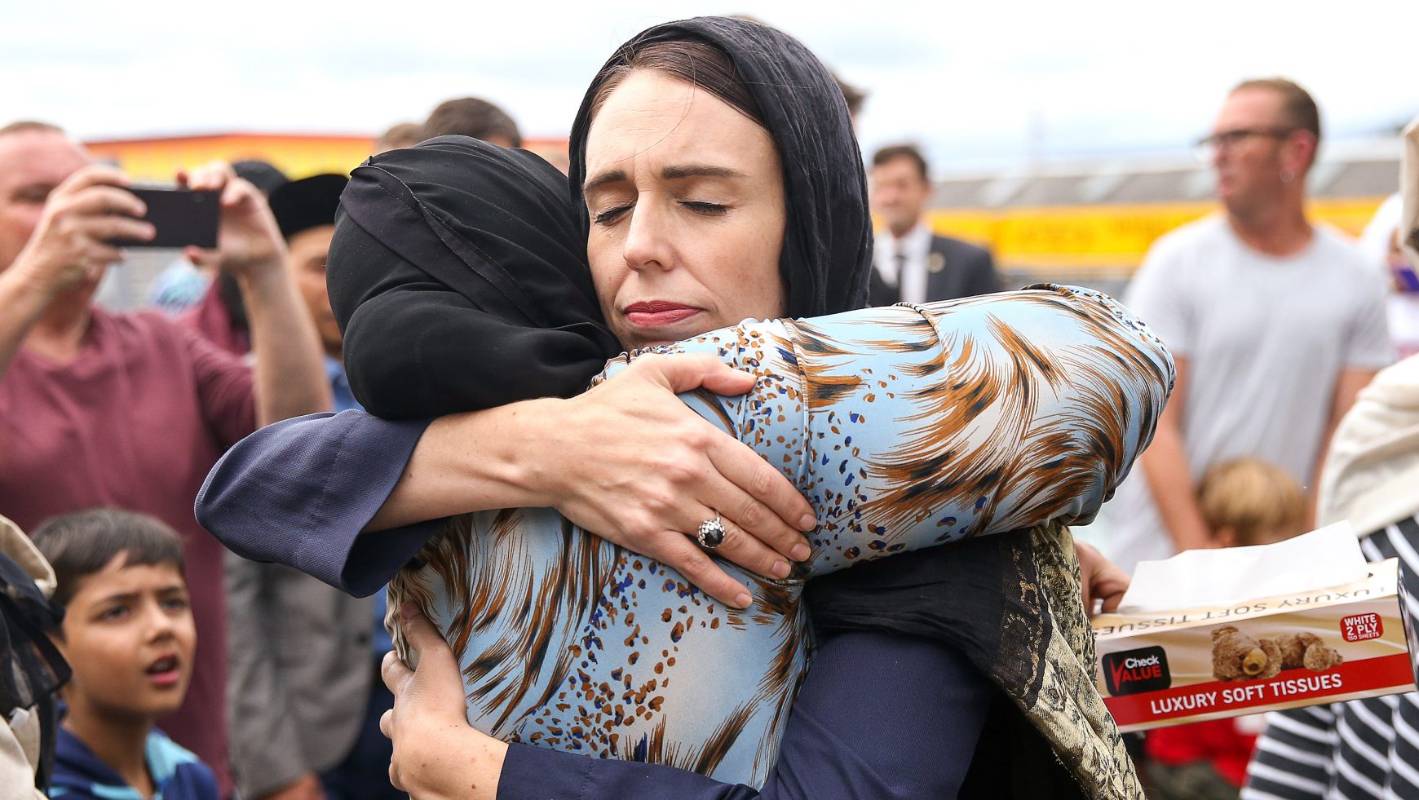Karl du Fresne has written an excellent piece about Islam in New Zealand. He succinctly gets to the heart of the matter and does so without saying anything controversial or offensive. He points out that as a nation we are conflicted about Islam and that we need to get beyond simplistic kneejerk allegations of Islamophobia in order to discuss properly how we view Muslims in New Zealand.
He makes the point that there have been Muslims in New Zealand for a while without any fuss and then asks the question, what has changed?
With the rise of Al Qaeda and the terrorist attacks on New York in 2001, a militant form of Islam emerged which was seen as an existential threat to the West. Anxiety about Islamist extremism has since been ratcheted up by repeated terrorist massacres – many of them perpetrated by radicalised Muslim immigrants striking at the countries that took them in – and by appalling atrocities perpetrated by Islamic State and Afghanistan’s Taliban.
Islam, and Muslim immigration, thus became a highly political issue.
All this coincided with substantially increased Muslim immigration to New Zealand. At the time of the 2001 census, 23,631 New Zealand residents identified as Muslim. By last year, the number had jumped to 61,455.
Muslims still make up only 1.34 per cent of the population, half the number of New Zealand Hindus, but they are highly visible and some are politically active – more so since the Christchurch mosque massacres of March 15.
As the spontaneous public reaction showed, New Zealanders were shocked and appalled by that incident and deplored the perpetrator.
The killer did not represent New Zealanders, most of whom feel nothing but goodwill toward Muslims who come here with the aim of living peaceably and contributing to their community. That goodwill is plainly reciprocated by the many Muslim New Zealanders who, since March 15, have publicly expressed their appreciation of this country and their feeling of being welcome and accepted here.
But here’s where things get tricky. The events of March 15 have been seized by some people, not all of them Muslim, as an opportunity to promote the idea that Muslims are the victims of hatred and discrimination.
This notion is used in turn to politicise the Islamic faith and lobby for treatment not extended to other religions – for instance, seeking women-only days at public swimming pools so that men can’t see women’s bodies, or the provision of prayer rooms in public spaces.
No reasonable person would challenge Muslims’ right to follow their religion without harassment, but nothing is more likely to provoke resistance than the perception that a religious denomination is being singled out for privileged treatment. New Zealand is a secular society and no exceptions should be made.
We must also reserve the right to criticise those aspects of Islam that sit awkwardly with secular liberalism, just as we’re free to mock Christian beliefs. This is not incompatible with respect for the right of Muslims to follow their faith.
Du Fresne then goes on to talk about “liberal guilt” and ridiculous woke reactions such as the fuss over the Crusaders rugby team name that completely ignored the fact that Muslims were invaders and conquerors too.
Wrapping up his piece Du Fresne then gets to the elephant in the room that no one likes to talk about. The challenge for the Left to “somehow reconcile its embrace of Islam with its promotion of rights for women and gays.”
What complicates the issue is that Islam is a broad church, ranging from tolerance and acceptance of difference at one end of the spectrum – i.e. the version of Islam that should be welcomed here – to unspeakable violence and repression at the other.
karldufresne.blogspot.com/
Why the Left champions Islam is no mystery. It’s because the Islamic world is seen as standing in opposition to the capitalist West, so must be supported.
But by railing against so-called Islamophobia without qualification, the Left lays itself open to the accusation that it turns a blind eye to the repression of women and the stoning of homosexuals. It’s an exquisite ideological tangle, and the world waits with interest for the Left to declare exactly where it stands.

